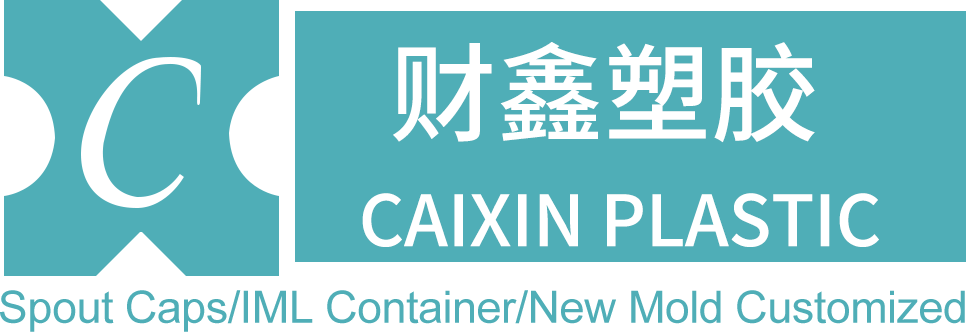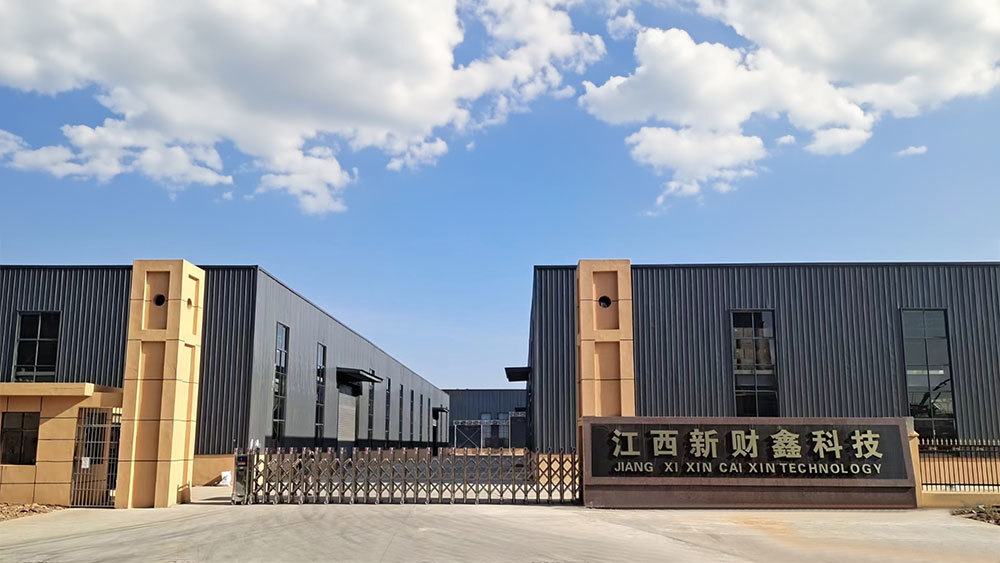Discover the Advantages of IML Plastic Food Containers for Your Packaging Requirements
2025-06-06 12:00
Discover the Advantages of IML Plastic Food Containers for Your Packaging Requirements
Table of Contents
- What is In-Mold Labeling (IML)?
- Key Benefits of IML Plastic Food Containers
- Applications of IML Plastic Food Containers
- How IML Differs from Traditional Labeling
- Case Studies: Success Stories with IML
- Choosing the Right IML Container for Your Needs
- Conclusion
- FAQs
What is In-Mold Labeling (IML)?
In-Mold Labeling (IML) is a modern packaging technique that integrates the label directly into the container during the manufacturing process. This innovative approach involves placing a pre-printed label in the mold before the injection of plastic, allowing the label to bond seamlessly with the container as it cools. The result is a finished product that has the label as part of the container, enhancing durability and aesthetics.
Key Benefits of IML Plastic Food Containers
IML plastic food containers offer various advantages that can significantly impact packaging efficiency, branding, and sustainability. Below are the primary benefits that make IML an attractive choice for food packaging.
Durability and Strength
One of the standout features of IML plastic food containers is their exceptional durability. The integration of the label during the molding process means that the label cannot peel or fade away, providing long-lasting branding and messaging. These containers are resistant to impacts, moisture, and extreme temperatures, making them suitable for various food storage conditions.
Aesthetic Appeal
IML technology allows for high-quality graphics and intricate designs that can elevate the product's visual appeal. With the ability to print full-color images, intricate patterns, and even textures directly onto the container, brands can create eye-catching packaging that stands out on retail shelves. This visual marketing strategy can help attract customers and enhance brand recognition.
Sustainability
As sustainability becomes a crucial concern for consumers and businesses alike, IML plastic containers offer an environmentally friendly option. Many IML containers are made from recyclable materials, and the production process generates less waste compared to traditional labeling methods. Moreover, because the label is integrated into the container, there is no need for additional adhesives or materials, further reducing environmental impact.
Hygiene and Safety
Food safety is paramount in packaging, and IML plastic food containers excel in this area. The closed system of IML prevents contamination during the labeling process, ensuring that the food remains uncontaminated. Additionally, many IML containers are designed to be non-toxic and compliant with food safety regulations, giving consumers peace of mind concerning hygiene.
Customization Options
IML containers offer a high degree of customization. Brands can choose different shapes, sizes, and designs tailored to specific products and target markets. This flexibility allows businesses to adapt their packaging to suit seasonal promotions, special editions, or unique product lines, thus enhancing marketing efforts and consumer engagement.
Applications of IML Plastic Food Containers
IML plastic food containers are versatile and can be used in various applications, including:
- Prepared meals and convenience foods
- Dairy products such as yogurt and cheese
- Snacks and desserts
- Frozen foods
- Take-out and delivery packaging
Each of these applications benefits from the durability, aesthetic appeal, and safety features of IML containers, making them suitable for diverse food packaging needs.
How IML Differs from Traditional Labeling
Understanding the differences between IML and traditional labeling methods is crucial for businesses considering packaging options. Traditional labels, which are applied after molding, can peel off, fade, or get damaged, leading to lost branding and product information. In contrast, IML ensures that the label is an integral part of the container, enhancing durability and consistency. Additionally, traditional labels often require adhesives that can impact recyclability, whereas IML containers eliminate this issue.
Case Studies: Success Stories with IML
Many companies have successfully integrated IML technology into their packaging strategies, yielding significant results. For instance:
- Brand A: After transitioning to IML containers, this dairy brand saw a 25% increase in sales due to improved shelf appeal and brand recognition.
- Brand B: A frozen food manufacturer reported a 30% reduction in packaging waste and costs by adopting IML technology, aligning with their sustainability goals.
These case studies highlight how IML can not only enhance product presentation but also contribute to operational efficiencies and sustainability efforts.
Choosing the Right IML Container for Your Needs
Selecting the right IML plastic container for your food products involves several considerations:
- Product Type: Align the container design with the specific food items you offer, considering factors like temperature sensitivity and shelf life.
- Target Audience: Analyze your customer base and their preferences to choose designs that resonate with them.
- Sustainability Goals: Opt for recyclable materials to meet consumer demands for eco-friendly packaging.
- Cost-Effectiveness: Evaluate production costs and potential savings from reduced waste and enhanced durability.
By carefully considering these factors, businesses can select IML containers that enhance both their product offerings and brand image.
Conclusion
In conclusion, IML plastic food containers provide numerous benefits that can significantly enhance your packaging strategy. From increased durability and aesthetic appeal to sustainability and safety, IML technology offers solutions that meet the evolving needs of the food packaging industry. By choosing IML, businesses can not only improve their product presentation but also align with consumer preferences for environmentally friendly options, ultimately leading to enhanced market competitiveness.
FAQs
1. What types of materials are used in IML plastic food containers?
IML containers are typically made from high-density polyethylene (HDPE), polypropylene (PP), or polystyrene (PS), all of which are recyclable materials.
2. Can IML containers be customized for branding?
Yes! IML technology allows for extensive customization in terms of design, size, and shape, enabling brands to create unique packaging that reflects their identity.
3. Are IML containers safe for food storage?
Absolutely. IML containers are designed to be safe for food contact and comply with industry regulations to ensure hygiene and safety.
4. How do IML containers compare to traditional plastic containers?
IML containers offer enhanced durability, aesthetic appeal, and sustainability compared to traditional containers, making them a superior choice for food packaging.
5. Is IML technology cost-effective?
While the initial setup for IML may be higher, the long-term savings from reduced waste and improved product longevity can make it a cost-effective solution.
recommend News

Guangdong Caixin Plastic Co., Ltd.
Fax: 86-754-83143323
Address:No.128, Chaoshan road, Jinping District, Shantou, Guangdong Province, China
Copyright©Guangdong Caixin Plastic Co., Ltd. SEO Powerde by:www.300.cn Privacy Policy


